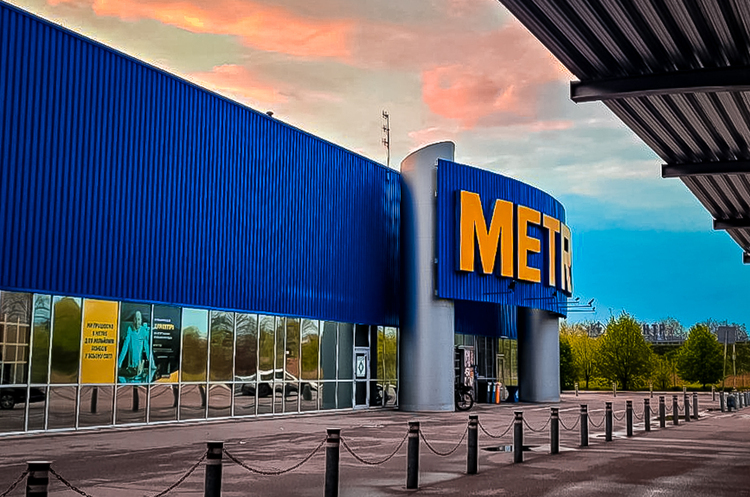Ukraine adds Metro to the list of international sponsors of war
NAPC believes that the network's management demonstrates maximum loyalty to the regime of the aggressor country

The National Agency for the Prevention of Corruption (NAPC) has added Metro Cash & Carry to the list of international sponsors of war due to the position of the company's management to continue its activities in russia.
This is reported by the NAPC press service.
"In addition to the retail business, the interests of the company's management are closely related to the strategic sectors of the russian economy: oil, gas and banking. And this directly affects the support of the russian military machine," the Agency explains.
The NAPC believes that the management of the retail chain demonstrates maximum loyalty to the regime of the aggressor country by accepting Mir cards, launching new projects in russia, and participating in ideological russian initiatives.
Moreover, according to researchers of Metro Cash & Carry in russia, the German METRO chain in russia sold "Wagner sledgehammers". This is the same "attribute" of mercenaries from the terrorist Wagner PMC that gained conditional popularity in russia after the publication of brutal videos of the alleged execution of PMC fighters who returned from Ukrainian captivity.
"In addition to the fact that the company continues to pay taxes, thereby supporting the military machine of the russian rederation, the company's management is directly involved in the transportation of russian gas to Central and Eastern Europe, while the entire civilised world refuses to use the energy resources of the terrorist state," the NAPC says in a statement.
Background. As a reminder, the Ukrainian office of Metro Ukraine has publicly appealed to the parent company several times to close its business in russia, but so far it has not yielded any results.
At the same time, Metro AG's quarterly financial results report, published on February 8, 2023, shows a drop in sales in the chain's russian stores. "Sales in local currency decreased by 14.1% in the first quarter of fiscal year 2022-2023. The russian war in Ukraine and the related reluctance to buy goods had a negative impact. Adjusted EBITDA in russia decreased to €60 million (€81 million in Q1 2021/2022)," the document says.
If you have read this article to the end, we hope that means it was useful for you.
We work to ensure that our journalistic and analytical work is of high quality, and we strive to perform it as competently as possible. This also requires financial independence. Support us for only UAH 196 per month.
Become a Mind subscriber for just USD 5 per month and support the development of independent business journalism!
You can unsubscribe at any time in your LIQPAY account or by sending us an email: [email protected]



